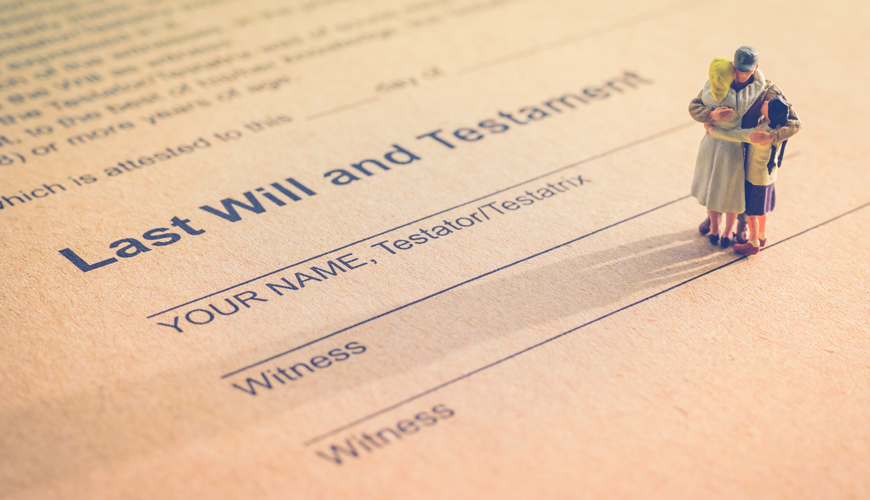When a loved one dies, it is a traumatic time for a family.
With an array of things to sort out, such as funeral flowers and wakes, the last thing many people who are grieving want to do is to contact a legal representative about probate.
Legally defined as the process of dealing with someone’s estate when they die, probate can be a tricky thing to do. Compared to other areas of the law, this procedure invokes much more raw emotion than others and with all of the legal jargon, forms and other necessary bits to be filled out, it can be very trying to do by yourself.
While it is often a required process in the UK, there are a few instances when it is not, and in this article, we will be exploring the times when you need to apply for probate.
After all, our team at Andrew and Andrew have been handling probate law for over 70 years, and as a result, we employ only the best probate solicitors in Portsmouth to handle such a delicate affair. Able to break down the process, our team is able to manage every aspect of the probate application and help you with any complex issues that may arise too. We are also compassionate and will aim to remove as much stress as possible at such a delicate time for you and your family.
So, when do you need to apply for probate in the UK? Our probate solicitors in Portsmouth answer that question below.
No will
Let’s start at the beginning; one of the main reasons to contact our probate solicitors in Portsmouth is if the deceased left no will.
This is a surprisingly common occurrence and is more prevalent in instances where the death happened suddenly or if the person was younger. When you apply for probate in this situation, the probate court will name an executor of the estate to oversee the process of dividing any assets.
Complicated will
Complicated wills, such as those involving multiple properties, stocks, bonds, division of assets between children from separate marriages often require probate in order for all assets to be divided among the beneficiaries. However, this will often be a longer process than it would be with a regular probate application and may need more than one solicitor to oversee the proceedings.
Asset value
In the UK, if the deceased has an estate that is valued at over £5,000, then you will need to apply for probate. It goes without saying that if their estate is significantly higher than this and involves tax-exempt assets, such as gold bullion, then you will certainly need to apply for a grant of probate.
Property
If the deceased owned property, then probate is required by law. If a will named a beneficiary of the property, then the probate will ensure that they receive the said property. If there is no will, probate will ensure that the property is left to an identified next of kin.



